Flood water safety tips for Louisiana families
1. Avoid flooded areas and moving water
Never walk, swim, or drive through flood water. Even six inches of moving water can knock an adult off their feet, and a foot of water can sweep away most cars.
Streets and sidewalks under flood water may hide potholes, debris, or dangerous currents.
Avoid shortcuts through alleys or side streets that may be flooded.
2. Protect yourself from contaminated water
Flood water can contain raw sewage, chemicals, sharp debris, and harmful bacteria.
Avoid skin contact with flood water whenever possible.
If you must enter flood water, wear waterproof boots and gloves, and wash with clean, safe water immediately afterward.
Clean any wounds thoroughly and cover them to prevent infection.
3. Use only safe drinking water
Never drink or cook with flood water—it is unsafe.
Use bottled water, or boil water for at least one minute before drinking if instructed by authorities.
Follow boil water advisories from the City of New Orleans or your parish.
If your baby drinks formula, prepare it only with bottled or boiled water.
4. Electrical safety in flooded homes
If water enters your home, turn off electricity at the main breaker before it rises to outlet level.
Never touch electrical appliances, outlets, or cords while standing in water.
Only allow a licensed electrician to restore power after a flood.
5. Watch for displaced animals and insects
Floods can force snakes, rodents, fire ants, and other wildlife into homes and yards.
Do not approach animals in or near flood water—call animal control if needed.
Use insect repellent to protect against mosquitoes, which may increase after flooding.
6. Stay informed with news and alerts
Monitor local news, radio, and official emergency alerts for updates.
Download the FEMA app or sign up for NOLA Ready alerts for road closures, boil water advisories, and evacuation guidance.
7. Relocate to safe shelter areas
If advised to evacuate, move to a shelter or stay with friends/family outside the flood zone.
Bring identification, important documents, and essential medications.
For families covered by Medicaid through their health plan, Nest Health can help connect you with care options during displacement.
8. Food safety during and after a flood
Discard any food that has touched flood water; even sealed packages may be contaminated.
Throw away perishable foods that have been without refrigeration for more than two hours.
Store food and water in sealed, waterproof containers.
9. Communicating your location to others
Once you are in a safe location, contact family or friends to let them know where you are.
If you relocate to a shelter, register with shelter staff so emergency responders can reach you if needed.
10. Accessing care and resources during floods
Our team can provide telehealth visits, connect you with local resources, and coordinate care for your entire family, even during emergencies.
If you have medical equipment that relies on electricity, plan for alternative power sources or relocation to a facility with backup generators.
Emergency contacts and resources
Keep these numbers and apps accessible:
Local emergency services: 911
Nest Health 24/7 Care Line: 866-222-NEST (6378)
Poison Control: 1-800-222-1222
City of New Orleans 311 for non-emergency information
FEMA app for emergency alerts
NOLA Ready text alerts: text NOLAREADY to 77295
Remember: Flood water safety starts with prevention. Avoid contact whenever possible, use only safe drinking water, and follow local emergency guidance. For medical needs during a flood, Nest Health is here to support you and your family—covered by Medicaid at no additional cost to eligible families through their health plan.

